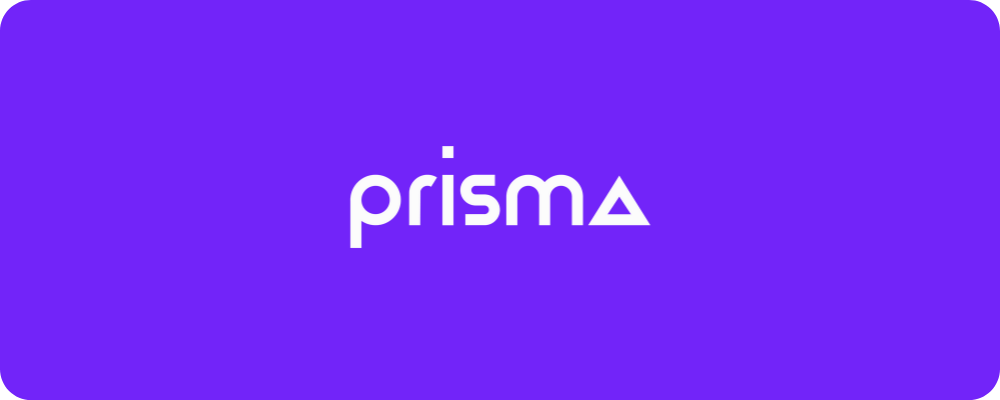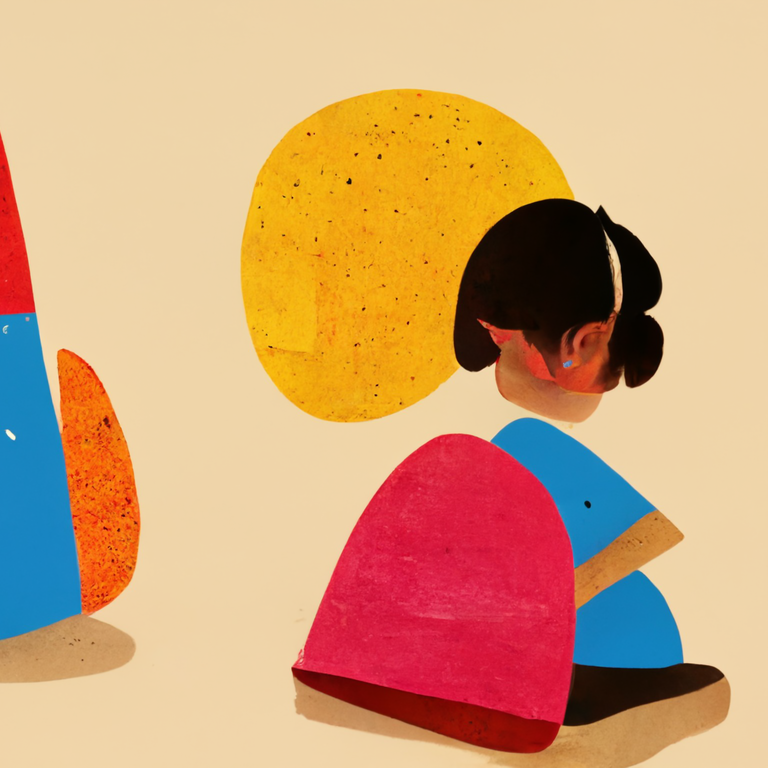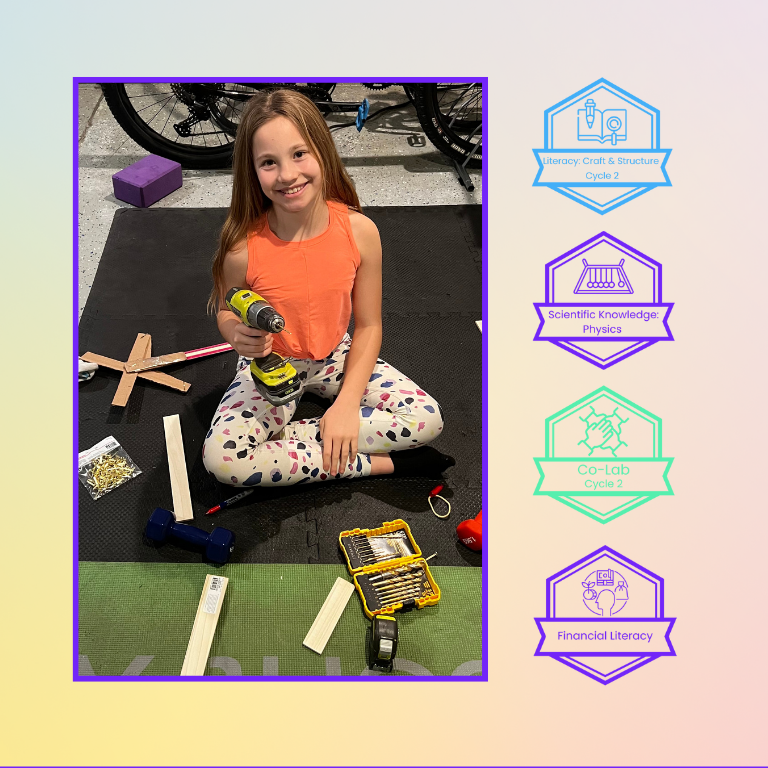Online schools for kids provide accredited K-12 education through virtual classrooms, combining certified teachers with interactive technology to deliver personalized learning experiences. These institutions serve over 375,000 full-time students across the United States alone, offering flexibility that traditional schools cannot match.
The six best online schools excel in four critical areas: accreditation from recognized bodies like Cognia, comprehensive curriculum with Advanced Placement or Dual Enrollment options at the high school level, live teacher interaction, and structured community building. Parents choose online schools for three primary reasons: geographic flexibility for traveling families, personalized learning, and access to advanced curricula unavailable locally.
Successful online students demonstrate self-discipline, time management skills, and comfort with technology. Families must provide reliable internet, dedicated learning space, and parental support as learning coaches for younger students. This guide examines leading programs including Prisma, Stanford Online High School, Laurel Springs, King's InterHigh, Connections Academy, and K12 Private Academy.
Table of Contents
What Makes a Great Online School for Kids?
Online schools for kids deliver accredited K-12 education through virtual platforms with certified teachers and interactive technology. The best programs distinguish themselves through five critical success factors that directly impact student outcomes.
Academic rigor separates quality programs from content libraries. Leading schools offer 20+ Advanced Placement courses, mastery-based progression requiring 80% proficiency, and college counseling starting in grade 9. Stanford Online High School students score 200 points higher on SATs than national averages.
Community building prevents isolation through structured peer interaction. Successful schools facilitate 50+ clubs and activities, small cohort classes under 15 students, and regional in-person meetups quarterly. Research shows students need minimum 3 weekly social touchpoints for healthy development.
Red Flags to Avoid in Online Schools
No live instruction: Programs offering only pre-recorded videos lack crucial teacher-student interaction.
Missing accreditation: Without Cognia or WASC approval, credits won't transfer and diplomas lack recognition.
Hidden costs: Beware schools charging extra for transcripts, counseling, or graduation requirements.
The 6 Best Online Schools for Kids
Prisma revolutionizes online education through project-based learning, collaborative cohorts, and mastery-based progression for students in grades 4-12. Founded in 2019, Prisma serves learners across 30+ countries with an innovative model that replaces traditional subjects with interdisciplinary themes.
Students work in small cohorts, meeting live each day with dedicated learning coaches. The curriculum centers on real-world projects where learners create projects such as making podcasts, building a business, or solving a community problem. Prisma's mastery-based approach ensures students achieve 80% proficiency before advancing, eliminating knowledge gaps common in traditional education.
- Accredited by Cognia with full academic transcripts
- Live collaborative sessions 4 days per week + clubs/enrichments/speakers on Fridays
- Project-based curriculum aligned to real-world skills
- 1:1 weekly mentorship with dedicated learning coach
- Flexible daily schedule accommodating different time zones
- Interdisciplinary themes replacing traditional subjects
- 95% parent satisfaction rate with proven outcomes
- Global community with in-person meetups and camps
Best for: Creative, self-directed learners who thrive in collaborative environments and prefer hands-on projects to traditional lectures. Schedule a consultation to explore if Prisma fits your child's learning style.
Stanford Online High School ranks #1 among online high schools nationally, serving academically gifted students in grades 7-12 through university-level seminars. The school maintains a 13:1 student-teacher ratio with synchronous discussion-based classes.
Affiliated with Stanford University, the program attracts exceptional students seeking intellectual challenge. The curriculum mirrors college-level rigor with extensive Advanced Placement offerings and research opportunities. Students consistently gain admission to Ivy League and top-tier universities.
- Direct Stanford University affiliation
- Seminar-style classes with 13:1 ratio
- Extensive AP and honors courses
- Research project opportunities
- 4.64/5 rating on Niche.com
Best for: Exceptionally bright, self-motivated students ready for university-level academic challenge in high school.
Laurel Springs School specializes in asynchronous (not live classes), mastery-based learning for K-12 students, particularly serving athletes and performers who need maximum flexibility. The school holds dual accreditation from WASC and Cognia.
With over 300 UC-approved courses and 65+ NCAA-approved options, Laurel Springs accommodates demanding training schedules. Students progress at their own pace through self-guided coursework with teacher support available via email and video conferencing.
- Fully asynchronous learning model
- NCAA-approved courses for athletes
- 20+ Advanced Placement courses
- 24/7 course access globally
- Personalized academic planning
Best for: Student-athletes, performers, and highly independent learners needing complete schedule flexibility without live classes.
Choosing the Right Online School
- Verify accreditation through Cognia, WASC, or regional bodies
- Match teaching model (synchronous vs. asynchronous) to your child's learning style
- Consider total costs including technology, materials, and exam fees
- Evaluate socialization opportunities through clubs and virtual events
- Review admission requirements and enrollment deadlines carefully
King's InterHigh delivers British curriculum (IGCSE and A-Levels) plus IB Diploma to students aged 7-19 across three time zones. Part of the Inspired Education group with 110+ schools worldwide, it serves 11,500+ alumni.
All lessons are taught live by subject specialists and recorded for 24/7 access. The school offers comprehensive pastoral care, special educational needs support, and vibrant online communities with in-person summer camps.
- UK Department for Education accredited
- Cambridge International School registration
- Three time zone options (UK, Middle East, Asia)
- Live lessons with recordings available
- First online IB Diploma provider globally
Best for: International families seeking British education or IB Diploma with structured live teaching across time zones.
Connections Academy provides tuition-free online public education for K-12 students in 29 states through 45 schools. Founded in 2001, it serves over 100,000 students with state-certified teachers.
The program combines live lessons, self-paced coursework, and parent involvement as learning coaches. Students receive comprehensive support including academic advising, college preparation, and extracurricular opportunities.
- Tuition-free public school option
- State-certified teachers
- Cognia accreditation
- Virtual clubs and activities
- In-person field trips and events
Best for: Families seeking free, accredited online education with strong parental involvement requirements.
K12 Private Academy, operated by Stride Inc., offers comprehensive K-12 education combining independent study with live classes from state-certified teachers. The program serves students globally with recorded lessons for time zone flexibility.
Parents serve as learning coaches, particularly for elementary students. The curriculum includes core subjects, electives, and Advanced Placement courses with extensive online resources and assessments.
- Cognia accreditation
- Hybrid learning model
- Global student enrollment
- Extensive curriculum resources
- 4.18/5 Niche rating
Best for: Families comfortable with high parental involvement seeking established, brand-name online education.
How to Choose an Online School
Selecting an online school requires evaluating eight critical factors that determine program quality and student success. Each factor directly impacts your child's educational experience and outcomes.
Online School Selection Checklist
Understanding Different Curriculum Types
Three major curriculum pathways dominate international online education, each preparing students for different university systems and career paths. Understanding these distinctions guides optimal school selection.
American Curriculum (High School Diploma + AP)
Structure: Broad liberal arts education covering 5-6 subjects annually through grade 12.
Advanced options: Advanced Placement (AP) courses offer college-level study and potential university credit.
Best for: Students targeting U.S. universities or wanting flexibility before specializing. Prisma High School exemplifies this approach with project-based American curriculum.
The British curriculum emphasizes early specialization and depth. Students complete IGCSEs in 8-10 subjects at age 16, then specialize in 3-4 A-Level subjects for two years. This exam-focused system suits students with clear academic passions targeting UK universities.
The International Baccalaureate Diploma Programme demands the highest rigor, requiring six subjects plus Theory of Knowledge, Extended Essay, and Creativity/Activity/Service components. Universities worldwide consider IB the "gold standard" for college preparation, though only select online schools like Dwight Global and King's InterHigh offer it virtually.
Why Accreditation Matters
Accreditation serves as the primary quality assurance mechanism in online education, validating that schools meet rigorous academic and operational standards. Without proper accreditation, diplomas lack recognition for college admission and credit transfer.
Cognia stands as the most prominent K-12 online accreditor, formed through merger of major U.S. regional bodies including NCA CASI and SACS CASI. Over 36,000 schools worldwide hold Cognia accreditation, including leading online providers like Prisma, Laurel Springs, and Connections Academy.
Warning: Avoiding Accreditation Mills
Red flags include: Organizations selling "accreditation" with marketing language about "enrollment boosts" rather than academic standards.
Legitimate accreditors: Non-profit organizations recognized by U.S. Department of Education or CHEA.
Verification method: Check school accreditation directly through accreditor websites, not school claims alone.
School Comparison Table
| School | Grades | Teaching Model | Annual Tuition | Key Differentiator |
|---|---|---|---|---|
| Prisma | 4-12 | Live Collaborative | $5,040-$11,980 | Project-based learning with mastery progression |
| Stanford OHS | 7-12 | Synchronous Seminars | Premium | University affiliation for gifted students |
| Laurel Springs | K-12 | Asynchronous | $11,000-$16,600 | Maximum flexibility for athletes/performers |
| King's InterHigh | Ages 7-19 | Hybrid | $12,500 | British curriculum with IB option |
| Connections Academy | K-12 | Hybrid | Free (Public) | Tuition-free with state certification |
| K12 Private Academy | K-12 | Hybrid | Varies | Established provider with global reach |
Addressing Socialization Concerns
Socialization represents the primary concern for 73% of parents considering online schooling. Leading schools address this through structured virtual communities, real-world meetups, and interest-based connections that often exceed traditional school interactions.
Virtual socialization strategies include daily advisory groups, collaborative project teams, online clubs spanning 50+ interests, virtual field trips with live experts, and multiplayer educational gaming sessions. Schools like Prisma facilitate peer connections through small cohorts meeting four times weekly, clubs, enrichments and in-person organized camps and get-togethers to facilitate deep connection with peers.
Physical meetups complement virtual interaction through regional field trips to museums and parks, summer camps and intensives, graduation ceremonies, standardized testing gatherings, and parent-organized local groups.
Maximizing Online School Socialization
- Join at least two interest-based clubs immediately upon enrollment
- Participate in collaborative projects requiring peer interaction
- Attend optional social hours and virtual hangouts regularly
- Connect with local families for in-person study groups
- Supplement with community sports, arts, or volunteer activities
- Attend family meetups and in-person opportunities offered by the school
Frequently Asked Questions
Everything you need to know about online schools for kids
Which is the best online learning platform for kids?
Prisma ranks as the best overall online learning platform for kids aged 9-18, combining project-based learning with live collaboration and mastery-based progression with a strong focus on community. For the youngest learners, Khan Academy Kids provides free, game-based learning for ages 2-8. The "best" platform depends on your child's age, learning style, and whether you need a full school program or supplementary resources.
Does Texas have free online schools?
Yes, Texas offers multiple free online public school options including Texas Virtual School Network, Texas Connections Academy, and K12-powered Texas Virtual Academy. These tuition-free programs serve Texas residents in grades 3-12, providing state-certified teachers and TEKS-aligned curriculum. Enrollment typically requires proof of Texas residency and occurs during specific enrollment windows.
Which is better, online school or homeschool?
Online school provides professional teachers, structured curriculum, and accredited diplomas, making it better for families wanting comprehensive support without teaching responsibilities. Homeschooling offers maximum customization and parent control but requires significant time investment and curriculum selection. Online school suits working parents and those seeking accreditation, while homeschooling fits families wanting complete educational freedom.
What is the number one online school?
Stanford Online High School ranks #1 nationally for academic rigor, serving gifted students grades 7-12 with university-level seminars. However, Prisma leads in innovation and accessibility with project-based learning at $5,040-$11,908 annually versus Stanford's premium pricing of $28,000 or more per year. The "number one" school varies by criteria: Stanford for prestige, Connections Academy for free access, Laurel Springs for flexibility and offline (not live) classes.
Are online schools taken seriously?
Accredited online schools are taken seriously by colleges and employers, with 96% of universities accepting online high school diplomas equally to traditional ones. Schools accredited by Cognia, WASC, or regional bodies meet identical standards as physical schools. Harvard, MIT, and Stanford regularly admit online school graduates, particularly from established programs with proven academic rigor.
What is the easiest online school to get into?
Connections Academy and K12-powered public schools have the easiest admission with open enrollment for state residents and no entrance exams. These schools accept all students meeting basic residency requirements. Among private options, schools with rolling admissions like Laurel Springs offer straightforward enrollment year-round. Elite schools like Stanford OHS have competitive admissions with testing requirements and acceptance rates below 20%.
Start Your Online School Journey
Choosing the right online school transforms your child's educational experience. Whether seeking project-based innovation at Prisma, academic rigor at Stanford, or flexibility at Laurel Springs, success depends on matching program features to your family's needs.
Take action today: Review accreditation status, compare teaching models, calculate total costs, and schedule consultations with your top choices. Book a Prisma consultation to explore how innovative online education can unlock your child's potential.










